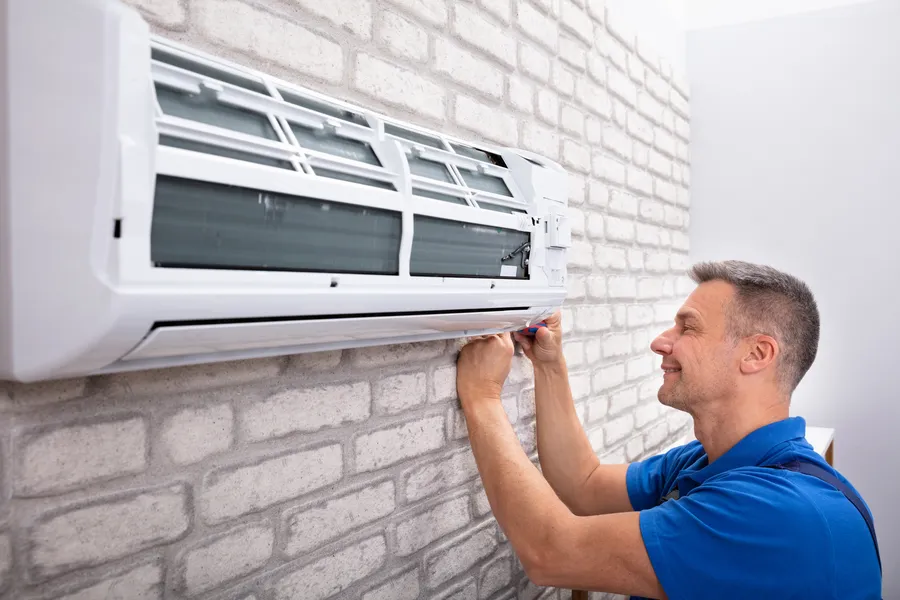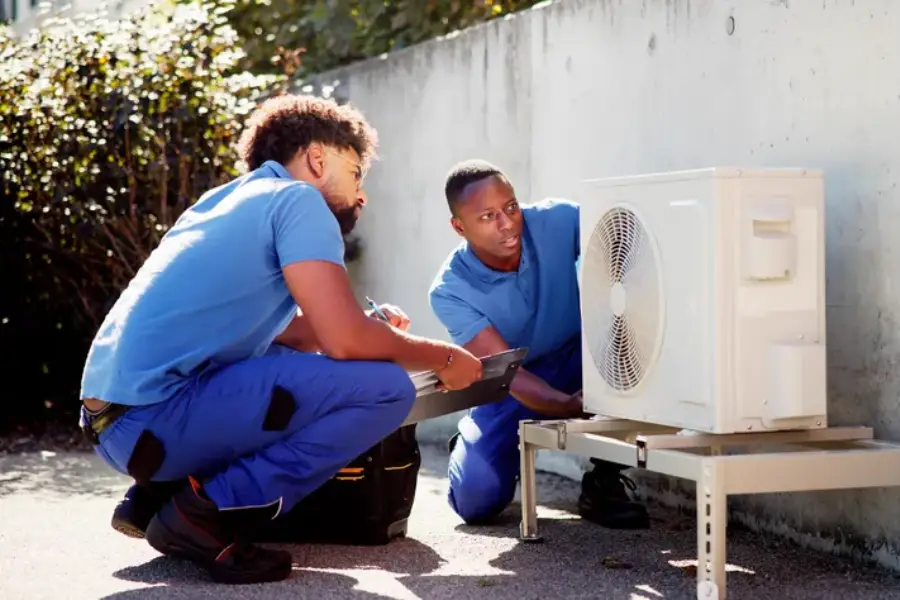Understanding the Impact on Energy Use in Homes
Heating, ventilation, and air conditioning systems are crucial for maintaining comfort in homes. However, installing these systems can significantly affect your home’s energy consumption. Understanding how these installations impact energy use is important for making informed decisions. This information helps homeowners ensure their systems run efficiently, saving energy and money.

The Importance of Proper System Sizing
A key factor in determining energy usage is the size of the system installed. Systems that are too large or too small use excessive energy. Properly sizing an HVAC installation ensures it operates efficiently. It helps maintain consistent temperatures and reduces energy waste. Consulting a professional to determine the right system size is essential for optimizing energy use.
Quality of Installation Matters
Another critical aspect is the quality of the HVAC installation itself. A proper setup minimizes air leaks and insulation issues that lead to increased energy use. Poor installation results in higher utility bills and frequent maintenance problems. Hiring experienced technicians ensures your system functions at its best, promoting longevity and efficiency.

Energy Efficiency Ratings
When considering new systems, pay attention to energy efficiency ratings such as SEER (Seasonal Energy Efficiency Ratio) for air conditioners. High-efficiency units offer better performance with less energy. Opting for systems with high SEER ratings leads to long-term savings on energy bills while reducing environmental impact.
The Role of Regular Maintenance
Regular upkeep plays a significant role in maintaining energy efficiency. Systems without regular maintenance consume more energy over time. Scheduling routine check-ups extends the life of your equipment and enhances performance. Clean filters, calibrated thermostats, and inspected ductwork contribute to efficient operation.
- Extend equipment lifespan with regular tune-ups
- Ensure clean filters for improved airflow
- Check ducts for leaks to prevent energy loss
Home Insulation and Its Effects
Good home insulation works hand-in-hand with HVAC systems to improve energy efficiency. Proper insulation keeps warm air inside during winter and blocks heat in summer, reducing the load on your system. This partnership between insulation and HVAC systems significantly cuts down on unnecessary energy consumption.
Smart Thermostats for Enhanced Control
Upgrading to smart thermostats offers better control over indoor climates. These devices learn your schedule and adjust settings automatically, helping save energy when you’re not home. Smart thermostats can be controlled remotely via apps, providing convenience and additional savings opportunities.
- Select a compatible smart thermostat model
- Install according to manufacturer instructions
- Program based on your daily routines
- Monitor usage through smartphone applications
Cost Implications of Efficient Systems
Investing in energy-efficient HVAC systems may have higher upfront costs but provides substantial savings in the long run. Calculating return on investment requires considering reductions in monthly utility bills alongside potential tax credits or rebates for using eco-friendly technology.
Final Thoughts on Choosing the Right System
Deciding on an HVAC system involves weighing various factors like cost, efficiency, and installation quality. By focusing on these areas, you optimize both comfort and energy use within your home. For expert advice or services related to heating and cooling solutions, contact Quick Fix Corporation at (339) 330-2902. Our team serves clients across Revere, MA, ensuring top-tier service tailored to your needs.